Take a photo of a barcode or cover
The Most Influential Sci-Fi Books of All Time (Book Riot, 2021) - NEW VERSION
37 participants (73 books)
Overview
What do we talk about when we talk about science fiction? Is it our hope for the future, or our fear of creating the very thing that will destroy us? If the most influential sci-fi books of all time are any indication, the answer is both.
Since the early 19th century, humanity has been fascinated by its own ability to move goalposts and demolish old boundaries in the dogged pursuit of progress. Our interpretation of that progress frequently shifts between cautious optimism and resignation toward our own doom, due to various social and political climate changes. But even at our most pessimistic, when we collectively felt as if we’d lost some great cosmic game, never, not once, have we ever stopped writing and reading new futures for ourselves. That’s a testament, not only to the staying power of sci-fi, but also to the tenacity of the human race.
The most influential sci-fi books of all time have shaped not just science fiction and its myriad sub-genres, but horror, fantasy, and manga, as well. Filmmakers have drawn inspiration for the stories between their covers, and real-world STEM developments have been made in their names. Without these books, for better or worse, our world would not be what it is today.
https://bookriot.com/the-most-influential-sci-fi-books-of-all-time
https://bookriot.com/the-most-influential-sci-fi-books-of-all-time
The Most Influential Sci-Fi Books of All Time (Book Riot, 2021) - NEW VERSION
37 participants (73 books)
Overview
What do we talk about when we talk about science fiction? Is it our hope for the future, or our fear of creating the very thing that will destroy us? If the most influential sci-fi books of all time are any indication, the answer is both.
Since the early 19th century, humanity has been fascinated by its own ability to move goalposts and demolish old boundaries in the dogged pursuit of progress. Our interpretation of that progress frequently shifts between cautious optimism and resignation toward our own doom, due to various social and political climate changes. But even at our most pessimistic, when we collectively felt as if we’d lost some great cosmic game, never, not once, have we ever stopped writing and reading new futures for ourselves. That’s a testament, not only to the staying power of sci-fi, but also to the tenacity of the human race.
The most influential sci-fi books of all time have shaped not just science fiction and its myriad sub-genres, but horror, fantasy, and manga, as well. Filmmakers have drawn inspiration for the stories between their covers, and real-world STEM developments have been made in their names. Without these books, for better or worse, our world would not be what it is today.
https://bookriot.com/the-most-influential-sci-fi-books-of-all-time
https://bookriot.com/the-most-influential-sci-fi-books-of-all-time
Challenge Books
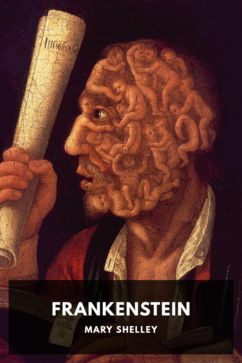
Frankenstein
Mary Shelley
Widely regarded as the grandmother of all sci-fi novels, Mary Shelley’s Frankenstein not only laid the foundation for science fiction as an exploration of what happens when Man plays God, but also asked the timeless question: what is it that makes us human?
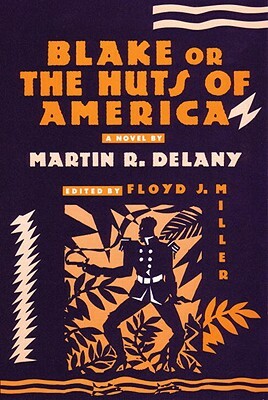
Blake: Or; The Huts of America
Martin R. Delany
Dhalgren author Samuel R. Delany — no relation — once called Blake, or the Huts of America “about as close to an sf-style alternate history novel as you can get.” Serialized in The Anglo-African Magazine between 1859 and 1862, Martin R. Delany’s novel imagines the after-effects of a widespread slave uprising in the Caribbean and the American South, led by a free-born enslaved man whose wife is sold away from him.
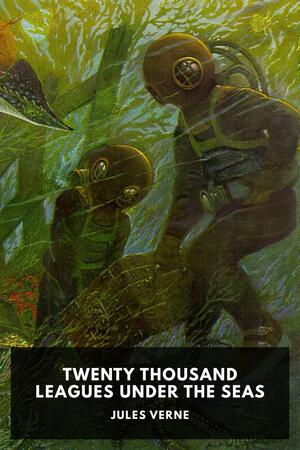
Twenty Thousand Leagues Under the Sea
Jules Verne
Jules Verne’s novels predicted many modern technologies, from solar-powered space flight to Zoom, but Captain Nemo’s Nautilus is a particular stand-out. The electric submarine Verne imagined in Twenty Thousand Leagues Under the Sea predated the real-life Peral by nearly 20 years. More than that, however, Verne’s three best-known novels — this, Around the World in Eighty Days, and Journey to the Center of the Earth — built the framework for sci-fi adventure fiction.
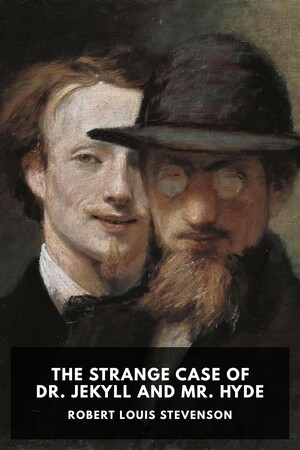
The Strange Case of Dr. Jekyll and Mr. Hyde
Robert Louis Stevenson
Victor Frankenstein might be the first hubristic scientist in literary history, but the trials and tribulations of Robert Louis Stevenson’s well-meaning Dr. Jekyll would be rehashed for years to come as the archetypal “mad scientist.” Since its publication in 1886, Jekyll’s fight with Mr. Hyde has inspired parody and pastiche alike, from The Incredible Hulk to The Nutty Professor to Family Matters.
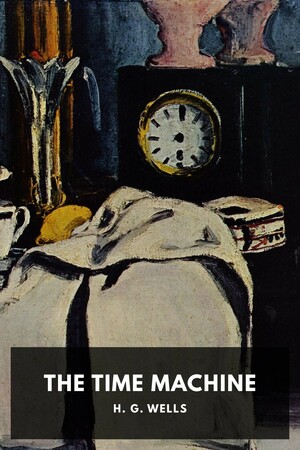
The Time Machine
H.G. Wells
Time travel. Human evolution. Post-apocalyptic visions of Earth. Cli-fi (climate fiction). H.G. Wells’s The Time Machine has all of these sci-fi staples and more. Here, the unnamed Time Traveller goes some 800 millennia or so into the future to find that human evolution has divided along class lines. He then goes eons further, and although Wells’s imagining of a post-apocalyptic landscape may differ from those we see today, his speculations on the effects of industrialization can be read as proto-climate fiction.
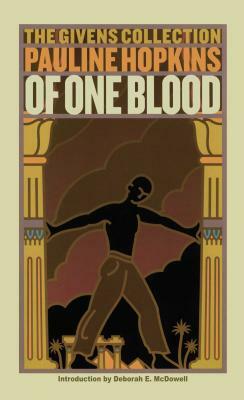
Of One Blood; Or, the Hidden Self
Pauline E. Hopkins
Pauline Hopkins’s Of One Blood follows Reuel, a Harvard-educated mixed-race man who passes for white, who uncovers mind-blowing truths about Africa’s history — and its present — when he stumbles upon a technologically advanced underground civilization beneath an archeological dig site in Ethiopia. Fans of Black Panther and Nnedi Okorafor’s Africanfuturist novels will recognize much here.
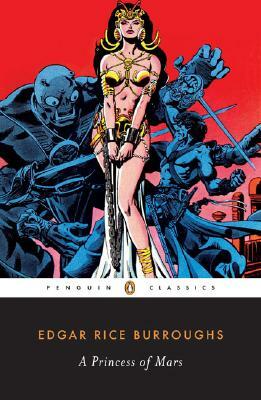
A Princess of Mars
Edgar Rice Burroughs
Whether you love ’em or hate ’em, pulpy adventures have had a strong presence in the sci-fi world for more than a century. Tarzan creator Edgar Rice Burroughs also penned this novel, the first of many 11 books about his fictional “Uncle Jack,” AKA John Carter of Mars. Although the novel’s depictions of women and people of color leave a lot to be desired — Carter is a Civil War veteran who fought for the Confederacy and, well, just look at that cover — A Princess of Mars and the works that followed it set the standard for pulp sci-fi for decades to come.

We
Yevgeny Zamyatin
Yevgeny Zamyatin’s We appeared in print in English 30 years before the original Russian version was published. One of the first dystopian novels, We introduces readers to the One State: a unified world government that demands conformity of its citizens, who live and work in glass buildings, and have numbers instead of names. Zamyatin’s vision of a terrible future inspired a number of writers who appear on this list, including George Orwell, Kurt Vonnegut, and — possibly — Aldous Huxley.
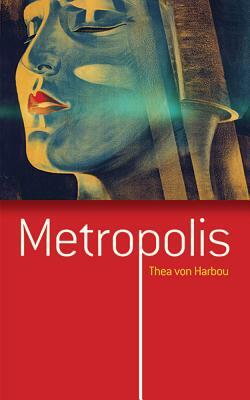
Metropolis
Thea von Harbou
Existential dread over automation might have begun with the Luddites in the early 19th century, but Thea von Harbou dragged their fears into the modern age with her 1925 novel. Like Wells’s Time Machine, Metropolis envisions a future in which the lower classes labor tirelessly underground so that the rich can live in the lap of luxury above. Von Harbou’s novel created a domino effect of interpretations in other media, inspiring the 1927 film — directed by the author’s husband, Fritz Lang — that inspired Osamu Tezuka’s 1949 manga, which in turn led to a 2001 anime film — all of the same name.
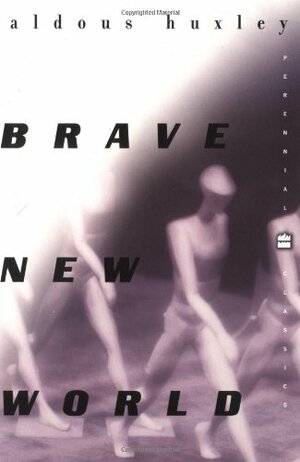
Brave New World
Aldous Huxley
Aldous Huxley’s best-known novel takes place in a far-future version of London, one marked by free love, mandatory drug consumption, and the total destruction of the nuclear family. In the midst of all this is John, the “natural-born” — read: gestated and birthed by a human being — son of an ostracized World State citizen, who is transported to London after spending his entire life on a “Savage Reservation,” but finds the so-called comforts of his new home unbearable.
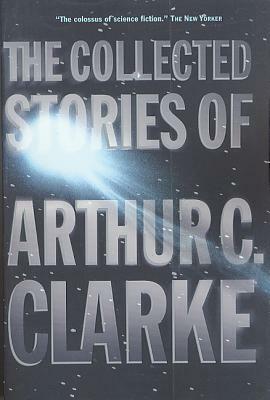
The Collected Stories of Arthur C. Clarke
Arthur C. Clarke
It’s hard to imagine any writer working to reconcile religion and science with more intent than Arthur C. Clarke. In stories like “The Star,” “siseneG,” and “The Nine Billion Names of God,” Clarke wrestles with the nebulous concept of a higher power in a technologically advanced age. It’s impossible to pick just one of his short stories, or even one of his novels, to feature here, so allow me the opportunity to recommend more than 60 years of his short fiction collected in one volume.
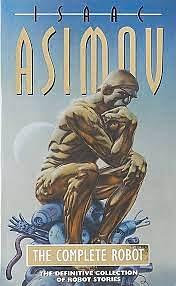
The Complete Robot
Isaac Asimov
It’s hard to pick just one of Isaac Asimov’s books to include on this list, but the ubiquitousness of his Three Laws gives The Complete Robot a positronic leg up on its competition. The Three Laws of Robotics govern most synthetic life forms in Isaac Asimov’s short stories and have been widely adopted by sci-fi writers looking to set parameters for their AIs — or subvert them. Published in 1982, The Complete Robot collects 31 of Asimov’s short stories about automatons, in all shapes and sizes.
